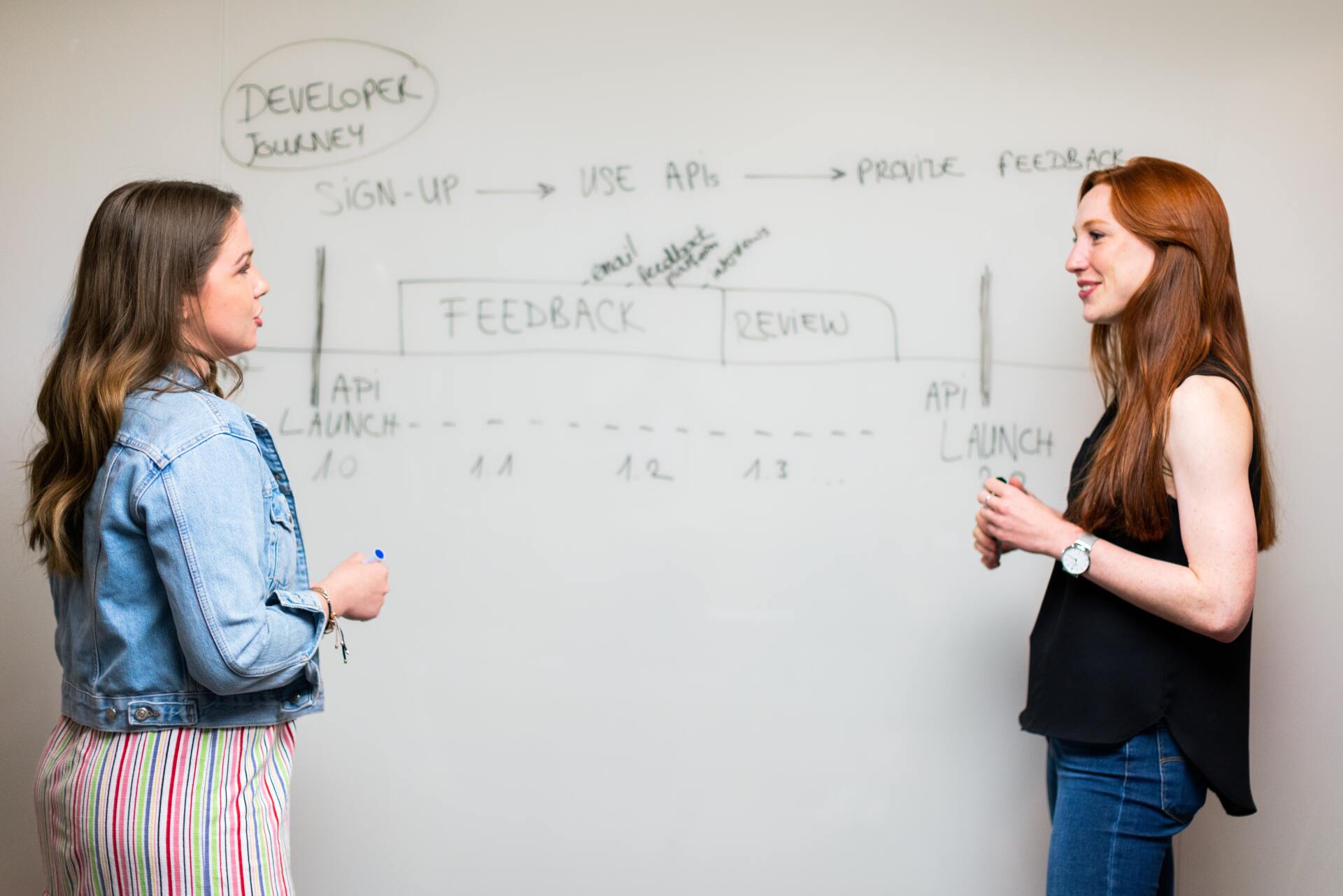Data Engineer
What is a Data Engineer?
A data engineer is a professional who designs, builds, tests, and maintains the infrastructure necessary for managing and processing large volumes of data. They are responsible for creating and managing data pipelines, databases, and other systems that allow organisations to store, process, and analyse their data effectively.
Duties and Responsibilities:
As a Data Engineer, your duties and responsibilities will vary depending on the specific role and project you are working on. However, some common tasks and responsibilities may include:
- Designing and building data pipelines: design and implement systems that collect and process large volumes of data, maintain data pipelines, which move data from its source to its destination, and ensure that the data is processed accurately and efficiently.
- Data modelling: design and develop data models that define the structure of data within an organisation.
- Data integration: from multiple sources into a single repository or data warehouse.
- Database management: They ensure that databases are secure, reliable, and scalable.
- Performance optimisation: They optimise systems to ensure that they can handle large volumes of data and perform complex queries efficiently.
- Collaboration: Data engineers collaborate with data scientists, analysts, and other stakeholders to ensure that data is being used effectively and efficiently.
- Documentation: Data engineers document their work, including data models, data pipelines, and database structures.
- Automation: Data engineers automate repetitive tasks and processes to improve efficiency and reduce errors.
- Data governance: ensuring data is stored and processed in compliance with legal and regulatory requirements, and that data privacy and security are maintained.
Data Engineer Jobs
How to become a Data Engineer
As a Data Engineer, there are several skills and qualifications that are essential to succeed in this role. These may include:
- Strong programming skills: must have a strong foundation in programming languages such as Python, Java, and SQL.
- Data storage and management: must be familiar with various data storage and management technologies such as Relational Database Management Systems (RDBMS), NoSQL databases, Hadoop Distributed File System (HDFS), and Apache Cassandra.
- ETL and data integration: must have experience with Extract, Transform, and Load (ETL) processes and tools.
- Big data technologies: must have knowledge of big data technologies such as Hadoop, Spark, and Kafka.
- Cloud computing: Data engineers must be familiar with cloud computing platforms such as Amazon Web Services (AWS), Microsoft Azure, and Google Cloud Platform (GCP).
- Data model: must be able to design and implement data models that can support complex data structures and relationships.
- Communication and collaboration: must be able to communicate effectively with stakeholders and collaborate with other members of the data team.
- Qualifications: A bachelor's or master's degree in Computer Science, Software Engineering, or a related field is typically required for data engineering roles. Relevant certifications such as AWS Certified Big Data - Specialty, Cloudera Certified Data Engineer, or Google Cloud Professional Data Engineer can also be valuable.
Data Engineer Salary Expectations
According to Indeed Salaries, the average salary for a Software Developer is £69,030 per year. The starting salary may depend on experience, location and company.
View our
Tech Salary Guides broken down per location for more information.

Data Engineer Experience Requirements
Experience requirements for Data Engineers can vary depending on the specific role and company. However, here are some general experience requirements that are commonly sought after by employers:
- Strong technical skills: Data engineers need to be proficient in a variety of programming languages, such as Python, SQL, and Java.
- Data modelling and database design: Data engineers should be familiar with designing and building efficient and scalable data models that can support complex analytical queries.
- Data processing and ETL: Data engineers should have a strong understanding of ETL (extract, transform, load) processes and tools. They should be able to design and implement efficient data processing pipelines that can handle large volumes of data.
- Data visualisation and reporting: Data engineers should have experience with data visualisation and reporting tools such as Tableau, Power BI, and Looker.
- Collaboration and communication skills: Data engineers should be able to work collaboratively with data scientists, business analysts, and other stakeholders to understand their data requirements and develop solutions that meet their needs.
- Industry-specific knowledge:
Depending on the industry in which they work, data engineers may need to have specialised knowledge in areas such as finance, healthcare, or marketing. They should be familiar with industry-specific data privacy and security regulations and be able to design solutions that comply with these requirements.
Data Engineer Interview Questions
- What is ETL? How is it different from ELT?
- Can you explain the difference between a data warehouse and a data lake?
- How do you optimise a database for faster queries?
- How do you ensure data quality and consistency across multiple systems?
- How do you handle unstructured data in your data pipeline?
- What are the benefits of using a distributed system for processing big data?
- What is a schema-on-read approach? How does it differ from a schema-on-write approach?
- How do you ensure data privacy and security in a data pipeline?
- How do you handle data versioning and backward compatibility in a data pipeline?
- Can you explain the difference between a relational database and a NoSQL database?
For more information and advice on interviewing check out our blogs below:
How to succeed in a Technical Interview
How to prepare for your interview






